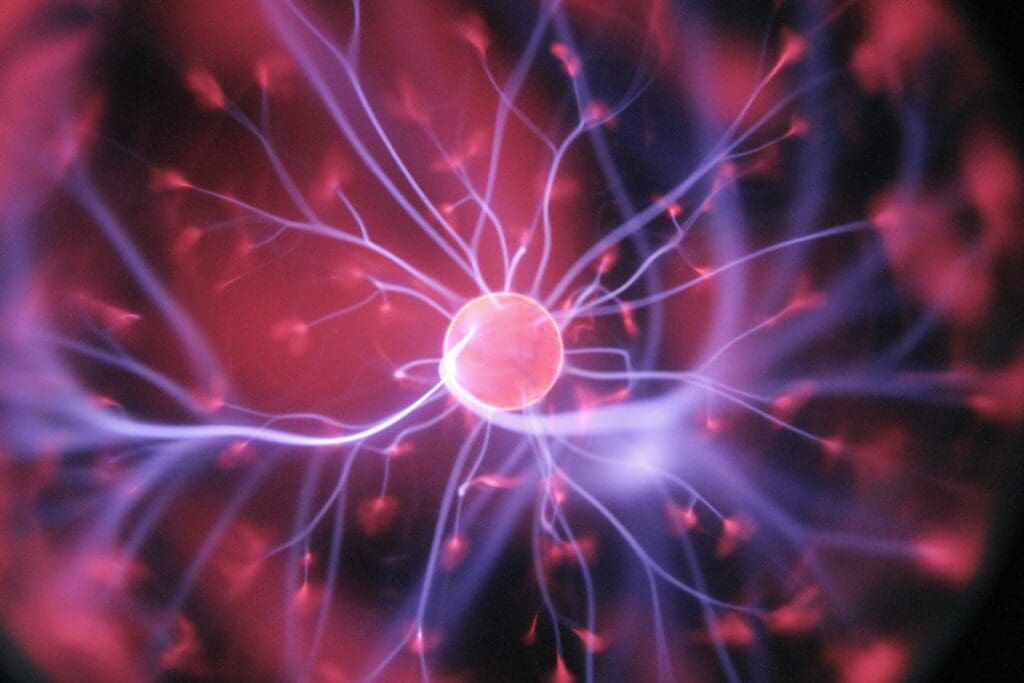Why “Calories In Versus Calories Out” Isn’t the Whole Story
The idea that “calories in versus calories out” is the key to weight loss has dominated diet culture for decades. While there’s some truth in the concept, it’s a lot more complicated than simply counting calories. Let’s take a closer look at what a calorie actually is, why not all calories are created equal, and how focusing solely on the numbers can distract us from the bigger picture, including hormones and the role of digestion.
What Is a Calorie?
A calorie is a unit of energy. Specifically, it’s the amount of energy needed to raise the temperature of one kilogram of water by one degree Celsius. When we talk about the calories in food, we’re really discussing how much energy that food provides for our body to use for everything from breathing and thinking to walking or running a marathon.
Calories In Versus Calories Out: The Basic Idea
The classic weight loss equation goes like this: if you eat more calories than you burn, you gain weight. If you eat less, you lose weight. Simple, right? Well, not quite. Our bodies aren’t bomb calorimeters ( the lab instrument used to work out calorific value of foods), they’re complex, living systems influenced by a host of factors, including the type of calories we eat, our hormones, and even our gut health.
All Calories Are Not the Same
Technically, a calorie is a calorie in terms of energy. But food is much more than just energy; it’s information for your body. For example, 200 calories from broccoli will have a very different effect on your body than 200 calories from a doughnut. The broccoli provides fibre, vitamins, and minerals, while the doughnut is mostly sugar and fat with very little fibre. These differences influence hunger, satiety (how full you feel), blood sugar, and fat storage.
Hormones: The Hidden Players in Weight Loss
One of the biggest issues with obsessing over calories is that it ignores the role hormones play in weight control. Hormones like insulin, leptin, ghrelin, and cortisol regulate appetite, how we store fat, and when we burn it. For example, constantly eating foods high in sugar can lead to spikes in insulin, making it harder for the body to burn fat. On the other hand, foods rich in protein and fibre can help you feel fuller for longer and keep these hormones balanced.
Digestion and the Absorption of Calories
It’s also a myth that we absorb every calorie we eat. Our digestive system is more complicated than that. For instance, foods high in fibre like nuts, seeds, and whole grains aren’t fully broken down and absorbed. Studies show that the body doesn’t extract all the calories from nuts because some of the fat is trapped in fibrous cell walls and passes through the digestive tract unabsorbed. So the calorie count on the packet might overestimate what your body actually gets.
How the “Calories In, Calories Out” Mindset Can Mislead
When we focus solely on calories, we risk missing the forest for the trees. It can lead to making choices that aren’t necessarily healthy, like opting for low-calorie ultra-processed foods over nutrient-dense options. More importantly, it can distract from important factors such as food quality, hormonal balance, and gut health, all of which play roles in weight management and overall well-being.
The Takeaway: Quality and Context Matter
Calories do matter, but they’re not the whole story. Paying attention to the quality of your food, not just the quantity, is far more important. Focus on whole, minimally processed foods, plenty of fibre, and a balance of protein, fats, and complex carbohydrates. Remember, your body is not a simple energy calculator; it’s a finely tuned system where calories interact with hormones, digestion, and so much more.
So, next time you’re thinking about weight loss, don’t get too bogged down in numbers. Instead, look at the bigger picture, your hormones, your digestion, and the actual food on your plate.





